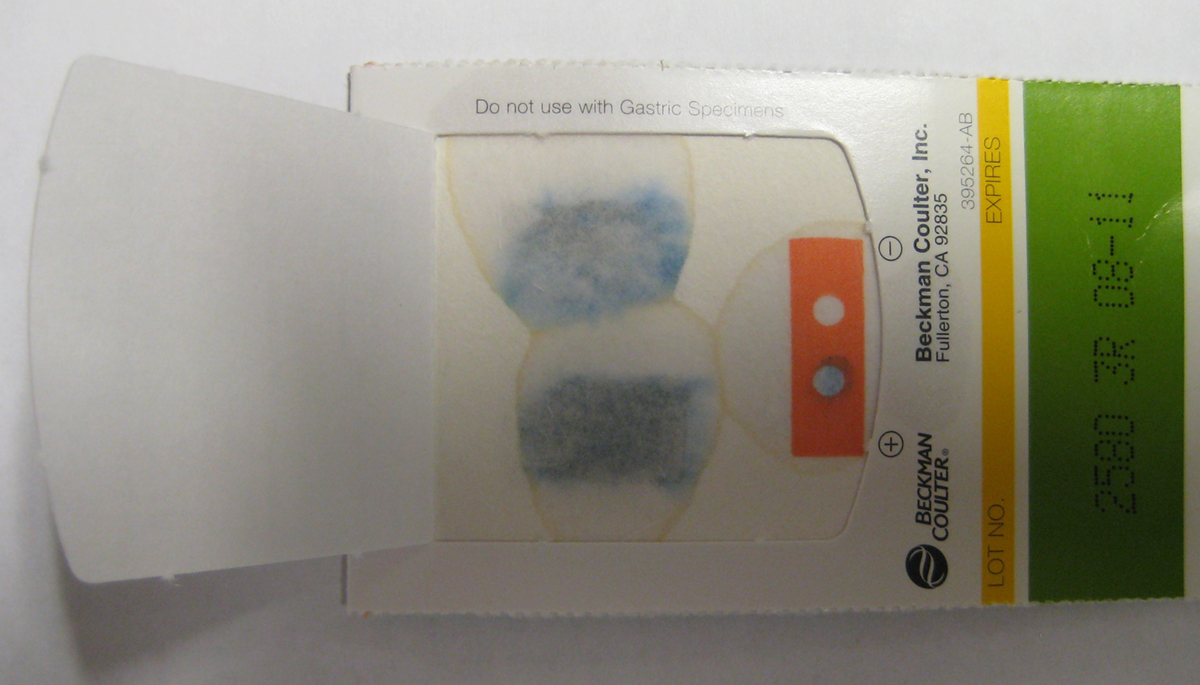
Prior to having a blood test your doctor will advise you on how long you need to abstain from food and drink. How long the fasting period is depends on the tests to be carried out. For example, blood sugar and cholesterol tests have specific periods of fasting to ensure accurate test results in the laboratory. In addition a specific fasting period helps detect medical conditions in the patient resulting from the subsequent blood test.
The type of fasting will be dependent on the diagnostic testing that is required, for example, urine, stool or blood tests, which will differ for each patient. The doctor concerned will advise the patient on the fasting requirements. If testing the blood the doctor will advise you that you must abstain from all food products for a given period. This can vary between 9 to 12 hours prior to the blood test. However, a patient may be allowed only to consume certain foods prior to testing. The doctor will advise what this would be. A general rule is “nil by mouth” from midnight with the blood test being taken early the next morning. This rule may also include no liquids at all until after the blood has been taken. If a patient smokes, or is on a prescribed course of medicine, the doctor will advise the patient not to indulge in that until the blood test ends.
Blood Test Types - Diabetes
Diabetes type 1 and 2 can be detected when testing for sugar in the blood. The blood test is normally conducted early in the morning following a fasting period from the previous midnight. The doctor will guide you through what is required of the patient in relation to the fasting blood sugar test. For example, the patient must abstain from food, alcohol, smoking, prescribed drugs, and any other liquids for a period of 8 hours or more. The following morning a nurse will conduct the blood test which she will send to a laboratory for analysis. For further confirmation the doctor may recommend a second blood test to check the results of the first.
Blood Test Types - Cholesterol
To ascertain the cholesterol and triglyceride levels in a patient the second type of fasting blood test should be undertaken and it is called the “Lipid Profile”. This type of testing is the most important in identifying any serious health issues in a patient like heart disease, cardiovascular diseases and potentials for a stroke due to clogged arteries. Fasting here is different in its composition in some areas. For example, “nil by mouth” is recommended from the evening before the test. This is especially, important for cholesterol testing. However, during the fasting period the patient may drink water but not soft drinks, tea or coffee. No red meat is permitted, nor foods containing high levels of fat such as eggs. The test will be conducted as discussed above and sent to the laboratory for analysis.



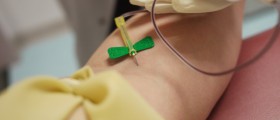
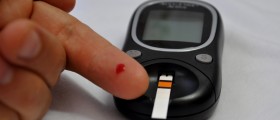
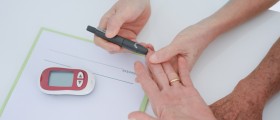

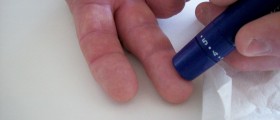

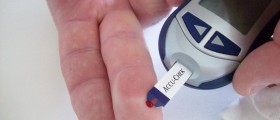


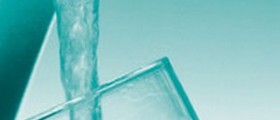
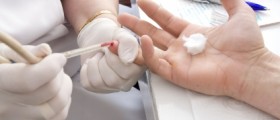
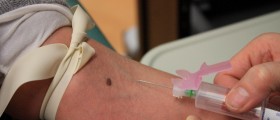


Your thoughts on this
Loading...